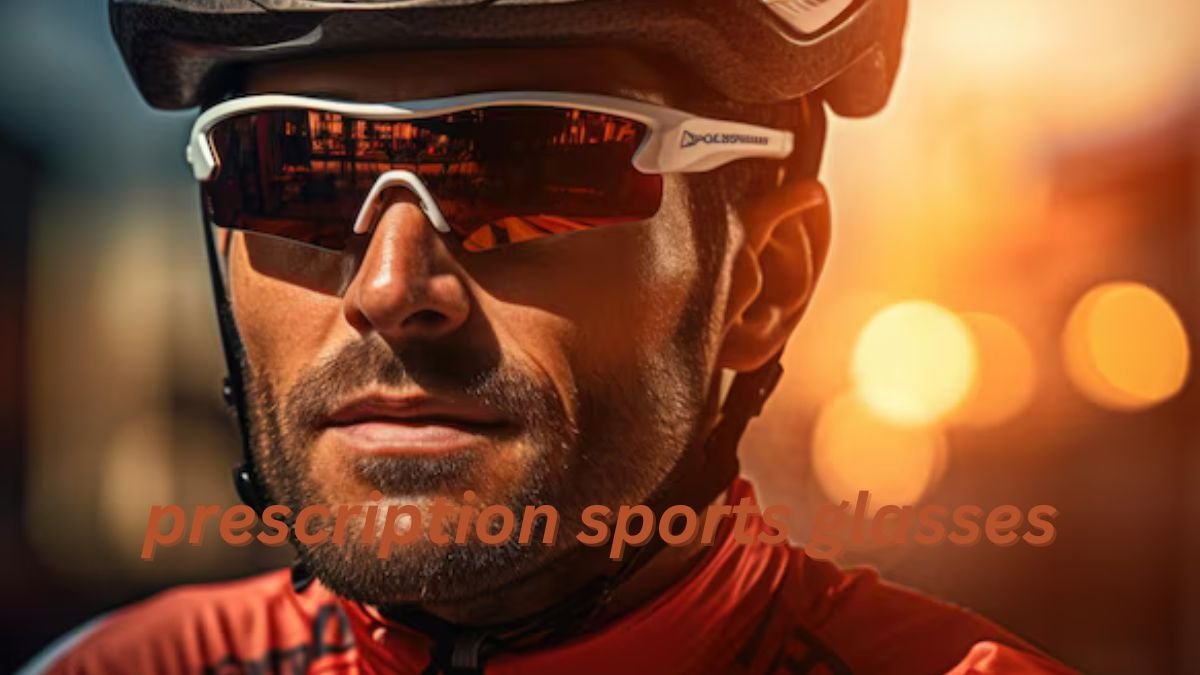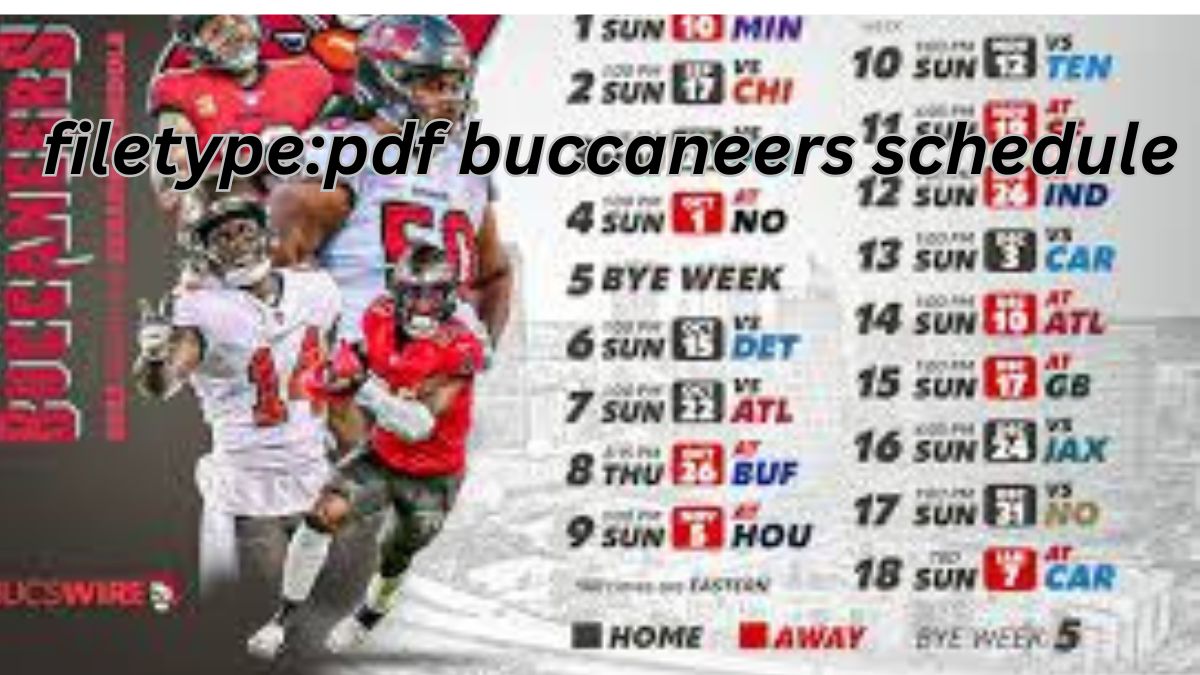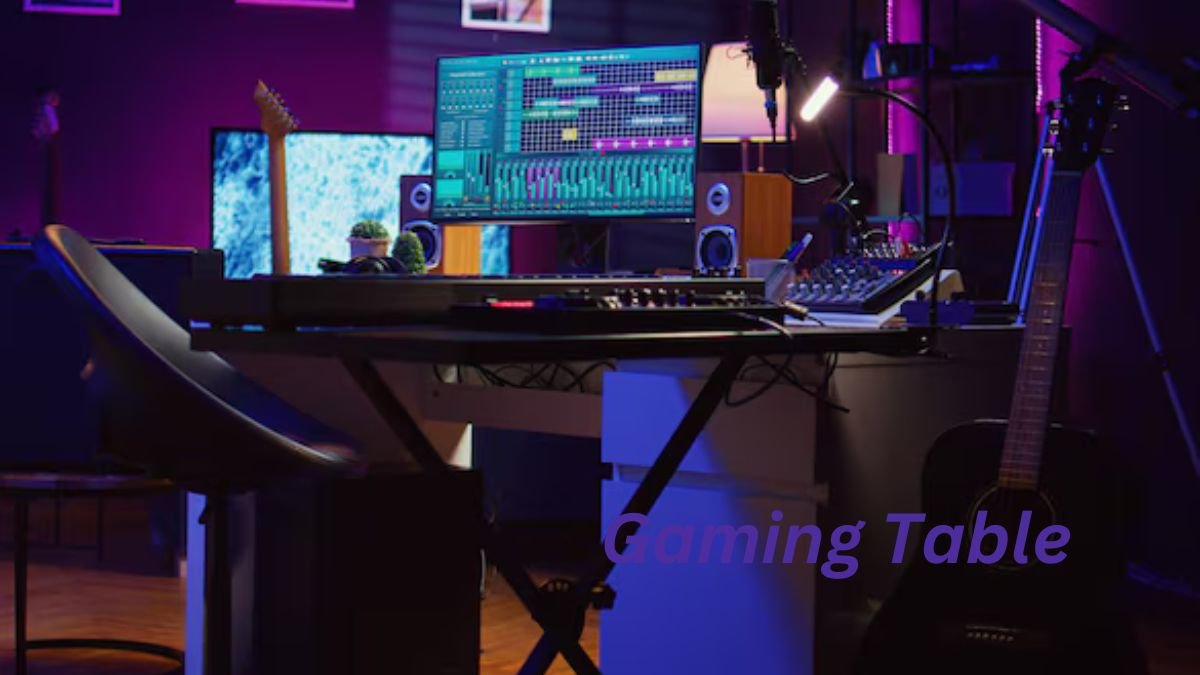In the world of sports, a clear vision can make all the difference between winning and losing. Athletes rely heavily on their ability to perceive fast-moving objects, accurately judge distances, and respond swiftly to their surroundings. For those with vision impairments, regular glasses just don’t cut it. This is where prescription sports glasses come into play. Not only do they provide crystal-clear vision, but they also offer safety and protection tailored to specific sports. Let’s dive into why sports glasses are essential and how they can elevate your game.
Why Prescription Sports Glasses Matter for Athletes
sports glasses are more than just a visual aid. They are critical pieces of equipment designed to enhance both performance and safety. Unlike standard eyewear, these glasses are crafted from impact-resistant materials, ensuring that they stand up to the rigors of high-intensity sports. Athletes across various disciplines, from football and basketball to cycling and skiing, can benefit from sports glasses tailored to their unique vision needs.
The lenses are specifically designed to improve clarity while reducing glare and distortion, which can be common issues in outdoor sports. For athletes who rely on quick reflexes, such as tennis players or soccer goalkeepers, having clear and undistorted vision is paramount. Even a slight delay in visual processing can lead to critical mistakes during a game.
Benefits of Sports Glasses
There are numerous benefits to wearing sports glasses, especially for those who engage in fast-paced or high-impact activities. Here are some key advantages:
- Enhanced Visual Clarity: sports glasses are customized to your vision needs, providing sharp and clear eyesight during critical moments in a game.
- Protection from Injuries: The lenses are made from durable, shatterproof materials such as polycarbonate, which can withstand high-velocity impacts, protecting your eyes from potential injury.
- UV Protection: Many sports glasses offer 100% UV protection, which is essential for outdoor sports like running, cycling, and skiing.
- Anti-Fog Technology: Athletes often face fogging issues with regular glasses, especially in humid or cold environments. sports glasses come with anti-fog coatings to ensure clear vision in any condition.
- Reduced Glare: Special tints and coatings help reduce glare from artificial lighting or sunlight, improving focus and performance.
How Prescription Sports Glasses Are Designed
sports glasses aren’t one-size-fits-all. They are tailored to the sport and the specific needs of the athlete. Here’s a closer look at how these glasses are designed to meet various demands:
- Lens Material: Polycarbonate is the go-to material for sports glasses because of its durability and lightweight nature. It provides a high level of impact resistance, making it suitable for contact sports like basketball and football. In addition, polycarbonate lenses are scratch-resistant and offer UV protection.
- Frame Design: Frames for sports glasses are designed with flexibility and comfort in mind. They feature wrap-around designs that provide a wider field of vision and prevent dust, wind, or debris from entering the eyes. Adjustable nose pads and temples ensure a snug fit, so the glasses stay in place even during intense movements.
- Lens Tinting: Depending on the sport and the environment, lenses can be tinted to improve contrast and reduce glare. For example, amber or yellow-tinted lenses are ideal for low-light conditions, while grey or polarized lenses work best in bright, sunny conditions.
- Safety Standards: Sports eyewear must meet rigorous safety standards, such as the ASTM F803 standard for impact protection. This ensures that the glasses can withstand high-speed impacts without breaking or shattering.
Popular Sports That Require Prescription Glasses
Different sports have varying visual demands, and sports glasses can be customized accordingly. Below are some popular sports where prescription glasses play a pivotal role:
- Basketball and Football: Fast-paced and physical, these sports require shatterproof lenses and frames that won’t slip off easily. Players need glasses that offer peripheral vision and don’t obstruct their view while moving at high speeds.
- Cycling: Cyclists need to protect their eyes from wind, dust, and debris while ensuring clear vision of the road ahead. Prescription cycling glasses often come with interchangeable lenses to adjust to different lighting conditions.
- Tennis: Tennis players need glasses that reduce glare from sunlight or stadium lights and enhance contrast to help them track the ball more effectively. Prescription glasses for tennis are usually lightweight, with anti-slip features.
- Skiing and Snowboarding: Sports in snowy environments require glasses with UV protection and anti-fog coatings. Skiers often face intense sunlight reflected off the snow, so polarized lenses are a common feature in prescription ski goggles.
Lens Technology in Sports Glasses
Advancements in lens technology have made sports glasses more efficient and user-friendly. Some of the most popular lens technologies include:
- Polarized Lenses: These lenses reduce glare from reflective surfaces like water, snow, or pavement, making them perfect for water sports or skiing.
- Photochromic Lenses: Also known as transition lenses, these adjust to changing light conditions, darkening in bright sunlight and becoming clearer in low-light situations.
- Blue Light Filtering: Many modern sports glasses come with blue light filters to reduce eye strain caused by electronic screens or stadium lighting, which can be beneficial for athletes who spend time reviewing game footage.
- Mirror Coating: Mirror coatings reflect excess light, reducing glare and eye strain during outdoor activities, especially in bright sunlight.
Prescription Sports Glasses for Children and Young Athletes
Children who participate in sports face unique challenges when it comes to eyewear. Regular prescription glasses are not designed to withstand the rigors of sports and can easily break or cause injuries. sports glasses for kids are made from impact-resistant materials and offer a secure fit to stay in place during play.
Additionally, kids’ sports glasses are often designed with fun colors and styles to encourage younger athletes to wear them. It’s essential to have a professional fitting to ensure that the glasses provide both comfort and protection.
The Role of Sports Glasses in Eye Safety
One of the most critical functions of sports glasses is eye safety. According to the American Academy of Ophthalmology, approximately 90% of sports-related eye injuries could be prevented with proper eyewear. For athletes, particularly in contact sports, the risk of eye injury is high. Flying balls, elbows, and other accidental impacts can lead to serious injuries, including corneal abrasions, retinal detachments, and even blindness. Wearing sports glasses made from shatterproof materials dramatically reduces this risk.
How to Choose the Right Sports Glasses
Selecting the right sports glasses depends on several factors, including the type of sport, your prescription, and personal preferences. Here are some tips for making the best choice:
- Consult an Eye Specialist: Before purchasing, consult with an optometrist or ophthalmologist who specializes in sports vision. They can guide you on the best lenses and frames for your specific needs.
- Consider the Sport: Different sports have different requirements. For example, if you’re into water sports, look for polarized lenses that reduce glare, while basketball players might need wrap-around frames for better peripheral vision.
- Look for Comfort: Sports glasses should be lightweight and comfortable, as you’ll be wearing them for extended periods. Make sure they fit securely and don’t slip during vigorous activity.
- Test for Durability: Ensure that both the frames and lenses meet safety standards for impact resistance. This is especially crucial for high-contact sports like hockey or football.
Prescription Sports Glasses vs. Contact Lenses: Which is Better?
Some athletes may wonder whether they should opt for sports glasses or contact lenses. While contact lenses offer convenience and won’t fog up, they don’t provide the same level of protection as sports glasses. Contacts also require more maintenance, and dirt or sweat can cause discomfort during a game. For sports where eye protection is critical, sports glasses are the superior choice.
Maintaining Your Sports Glasses
Proper maintenance of sports glasses ensures they remain functional and effective for longer. Here are some maintenance tips:
- Clean Regularly: Use a microfiber cloth and lens cleaner to keep the lenses clear of smudges and dirt. Avoid using abrasive materials that can scratch the lenses.
- Store Safely: When not in use, keep your glasses in a protective case to prevent accidental damage.
- Check for Wear: Over time, the anti-fog coating or UV protection may wear off. Regularly check your glasses and replace them if needed.
Conclusion
Prescription sports glasses are an essential piece of equipment for athletes who require vision correction. Offering a combination of visual clarity, safety, and durability, they cater to the unique needs of sports enthusiasts. Whether you’re a professional athlete or a weekend warrior, investing in quality sports glasses can elevate your game while protecting one of your most vital assets—your eyes.
Read Also: Thrilling Showdown Los Angeles Sparks vs Indiana Fever Match Player Stats
FAQs
What are the best materials for sports glasses?
Polycarbonate is the best material due to its lightweight and shatterproof properties, ideal for high-impact sports.
Can I use regular glasses for sports?
Regular glasses lack the durability, safety features, and secure fit that sports glasses offer.
Do Sports glasses come with UV protection?
Yes, most sports glasses come with UV protection to shield your eyes from harmful sunlight, especially during outdoor activities.
Are there prescription sports goggles for swimming?
Yes, athletes can get prescription swimming goggles, which provide clear vision and protection underwater.
How do I prevent my sports glasses from fogging?
Anti-fog coatings or lens treatments can help prevent fogging, and proper ventilation in the frame design also reduces this issue.
Can children use sports glasses?
Absolutely. Prescription sports glasses for children are designed to fit securely and withstand the physical demands of kids’ sports.





